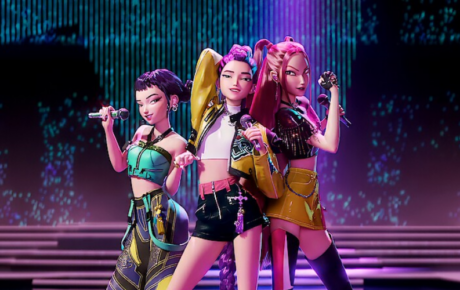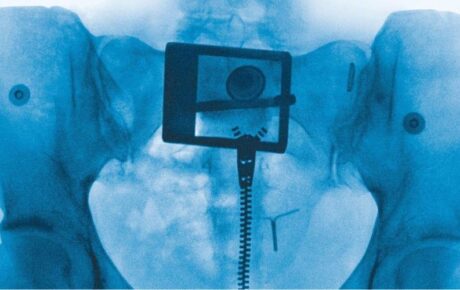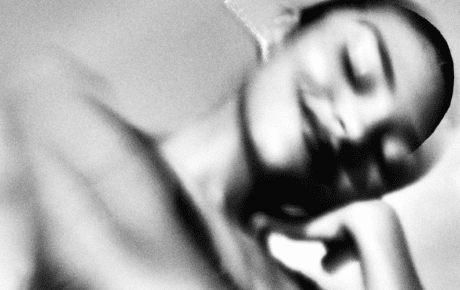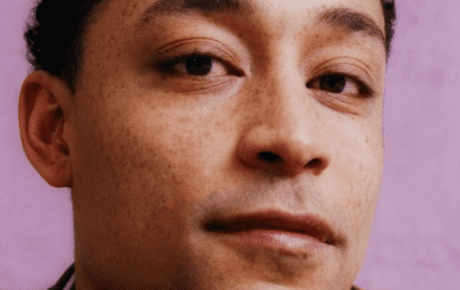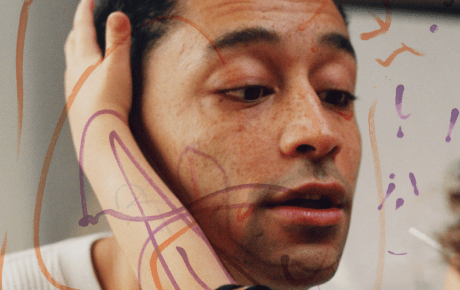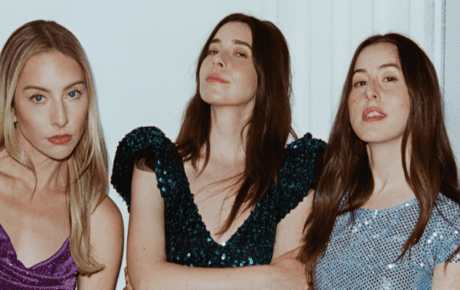While it’s only natural for a band to harbor high hopes for their early offerings, the success of Imagine Dragons’ debut album, Night Visions, exceeded its creators’ wildest dreams. Released through Interscope/KIDinaKORNER on September 4, 2012, the album seemingly came from nowhere to peak at No.2 on the Billboard 200, while its multi-million-selling signature hit, ‘Radioactive’, set the band on course for superstardom.
The statistics are astounding, but they only tell a small part of the story, for Night Visions’ runaway success was by no means a given. Indeed, the Las Vegas-based quartet had initially scrambled for all the attention they could get following the release of their independently-issued, self-titled debut EP in September 2009. A lengthy bout of dues-paying ensued, with Imagine Dragons playing every Vegas nightspot that would have them. The venues included Mandalay Bay and the famous Caesars Palace, but glitz and glamour were rarely on the agenda.
“We’d play in front of these blackjack dealers in bikinis and dudes just sitting at slot machines,” frontman Dan Reynolds told Rolling Stone in 2013. “The ding-ding-ding from the slot machines was louder than the tiny speakers they gave us. We would do four nights a week and they’d give us $400 for the six hours. It gave us enough money to pay rent and eat Top Ramen or Taco Bell.”
However, in the same way that the grind of playing sleazy Hamburg bars sharpened-up The Beatles, these subsistence-level gigs laid the groundwork for Imagine Dragons’ subsequent success. Key tracks from Night Visions such as the mandolin-flecked “It’s Time” and the anthemic “Amsterdam” first appeared in the band’s setlist during this period, alongside their crowd-pleasing covers of classics by The Rolling Stones, The Cars, and The Cure.
With their creative juices flowing, the band’s fortunes improved after they won over a huge crowd at Bite Of Las Vegas Festival. Further self-released EPs followed, and the band eventually brokered a deal with Interscope Records in 2011. The Nevadan quartet’s slightly quirky nature and their atypical usage of unusual percussive elements, such as the massive Japanese taiko drum featured on “Radioactive,” also endeared them to their new co-producer, Alexander Grant (aka Alex Da Kid), who has also cut hits with Eminem and Nicki Minaj.
“We bonded over rhythm and of course they were great live too,” Grant told Rolling Stone in 2013. In the same interview, Dan Reynolds added, “We’ve always been a rhythmic rock band. I grew up listening to a lot of hip-hop in the 90s, such as Tupac and Biggie Smalls. That finds its way into the music.”
Reynolds wasn’t kidding. Night Visions – which the band crafted slowly with help from Grant and co-producer Brendan Darner – was both compelling and refreshingly eclectic. Imagine Dragons were eager to prove their versatility on smoldering, guitar-driven rockers “Hear Me,” “Tiptoe” and “Amsterdam”; poppy, synth-flecked flare (“On Top Of The World”) and tracks which benefitted from Grant’s hip-hop stylings, such as “It’s Time” and the vivid “Radioactive.”
“Alex really helped with [‘Radioactive’], it has a dubstep vibe to it,” Dan Reynolds later revealed to Rolling Stone. “That’s basically a song about my struggle with anxiety and depression. It’s about becoming self-empowered and rising above that.”
The song’s universal appeal – and killer chorus – enabled “Radioactive” to became Night Visions’ crucial breakout track. Initially a sleeper hit when first released, on October 29, 2012, it eventually peaked at No.3 on the Billboard 100 and remained on the chart for a remarkable 87 weeks, moving almost nine million copies in the process.
“It’s exactly what we’ve been waiting for”
In its wake, another of the album’s key tracks, the yearning “Demons,” also cracked the US Top 10. A rollercoaster world tour followed and, when Night Visions won Billboard Music’s prestigious Top Rock Album Award for 2014, this unassuming Nevadan quartet officially joined rock’s big league.
“It’s exactly what we’ve been waiting for,” guitarist Wayne Sermon told Rolling Stone at the time. “But if we had this success in our first year, as some bands do, we wouldn’t have survived. We weren’t close enough. To get here, we needed those thousands of hours playing to five, 20, 50 people, trying to win them over every night!”
Article originally published on uDiscoverMusic.com.
SEE ALSO: Maroon 5 General Knowledge Quiz


